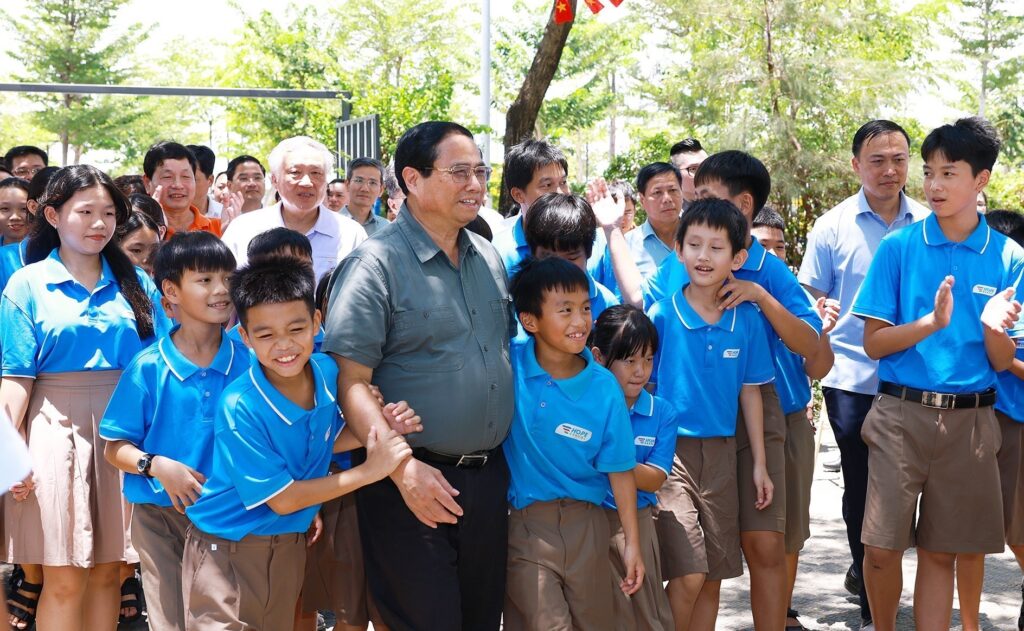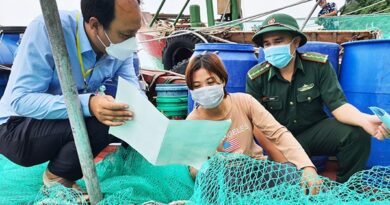UNICEF Applauds Vietnam’s Tuition Waiver Policy as Investment in the Future

UNICEF has praised Vietnam’s recent decision to waive public school tuition fees, emphasizing it as a vital investment in the country’s future. This policy ensures that more children can complete their education, regardless of their socio-economic background, marking a significant step in Vietnam’s ongoing development, according to Silvia Danailov, UNICEF Representative to Vietnam.
The Politburo of the Communist Party of Vietnam recently approved the nationwide elimination of tuition fees for students from kindergarten through high school in public schools. Danailov described this as a transformative measure that promotes integration and equal opportunities for all children.
She congratulated Vietnam on the decision, stating that it aligns with the country’s international commitments, including the Convention on the Rights of the Child and Sustainable Development Goal 4. The policy, she reiterated, plays a crucial role in Vietnam’s development by expanding educational access for all.
To maximize the effectiveness of the tuition waiver policy, Danailov put forward several key recommendations. She stressed that tuition exemption must be accompanied by efforts to improve the quality of teaching and learning. This requires ensuring sufficient resources, expertise, infrastructure, and high-quality learning materials.
Additionally, she highlighted the financial burdens families still face, such as the cost of textbooks, uniforms, and transportation, which can be particularly challenging for vulnerable households. She called for policies to address these costs to make education truly accessible to all.
Danailov also emphasized the importance of equity and inclusion in implementing the policy. She urged targeted support for children with disabilities and those from ethnic minority communities to ensure their full participation and benefit from education.
Expanding access to high school education, she noted, could be achieved by increasing the number of public schools and investing in community-based education. This includes the development of satellite primary schools to reach students in remote areas.
UNICEF reaffirmed its commitment to supporting Vietnam in achieving this vision by enhancing teacher training, improving educational administration, and promoting digital learning opportunities. Danailov also highlighted the potential of integrating advanced technologies such as artificial intelligence to aid educators. Furthermore, UNICEF advocates for investments in green school models to address climate change and supports policies that foster inclusive education.


